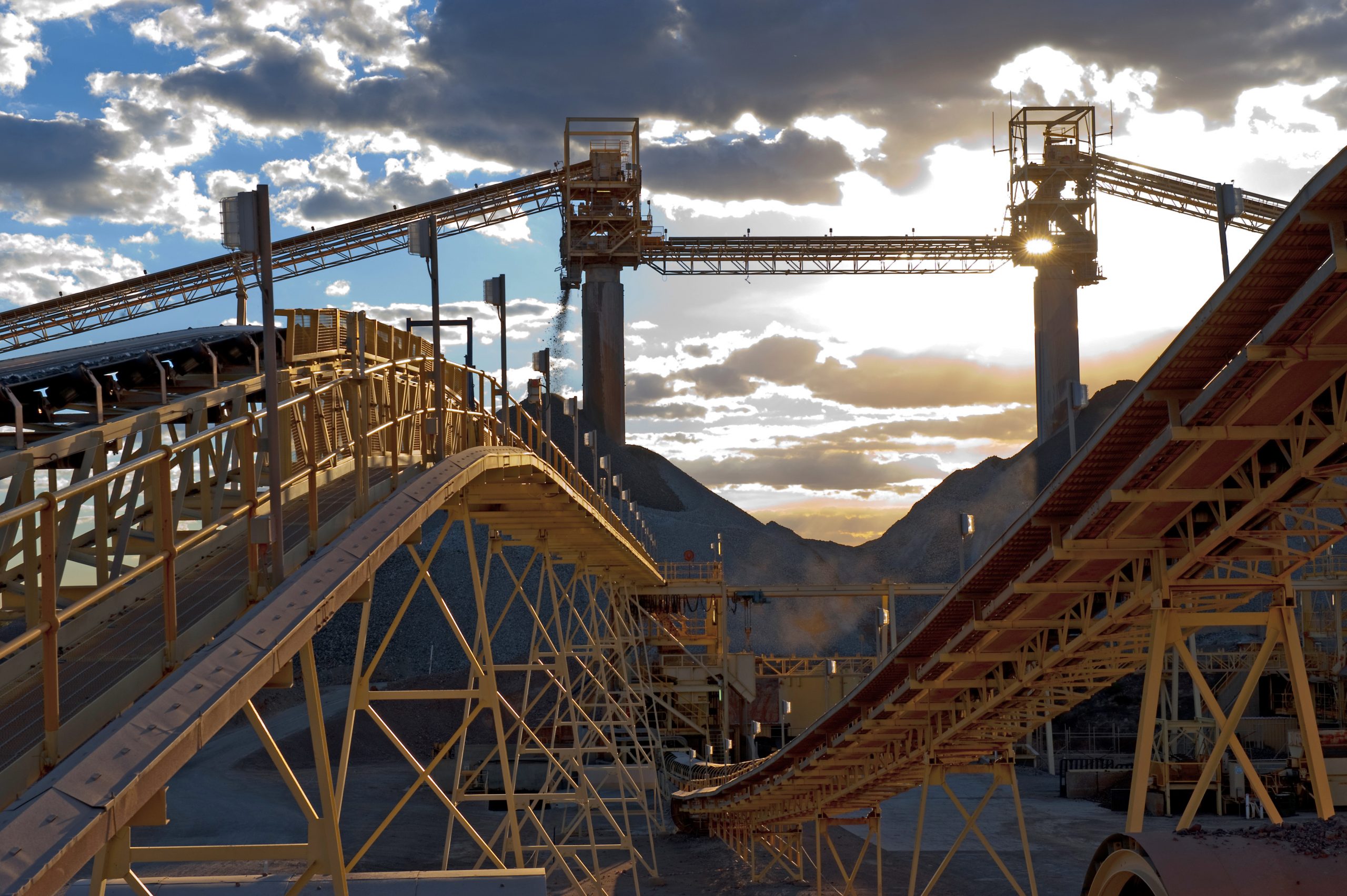This is the first report by RFC Ambrian in our series on sustainability in the mining industry. Most of the issues surrounding sustainability are not new and there is a tremendous amount of literature available on all the subjects. However, much of this is either voluminous or presented in superficial sound bites. As a result, we will be examining sustainability in a more concise manner and with a focus on some of the key issues currently impacting mining companies and commodities. In this report, we stand back and consider what is taking place in this space and look at some of the underlying drivers and issues for mining companies.
Sustainability age: Sustainable development is commonly defined as development that meets the needs of the present without compromising the ability of future generations to meet their own needs. It integrates economic activity with environmental integrity, social concerns, and effective governance. Although COVID-19 is currently an all-consuming event for most people and organisations, sustainability has never before been so much at the forefront of issues facing mining companies. In recent years there has been a rapid rise in the focus on ESG in the mining sector. It has been suggested that we are now in a new ‘sustainability age’.
Decarbonisation: A key step in combating climate change is the decarbonising of electricity production. This involves increasing the amount of renewable energy (wind, solar, batteries) and reducing the amount of energy from fossil fuels. Mining has a key role to play in this process.
Another inconvenient truth: It is another inconvenient truth that mining, and many commodities, are critically important in the development of existing green technologies and for new innovations to tackle climate change. Decarbonising the global economy requires a sustained demand for metals and minerals going forward. This is increasingly being understood but perhaps not yet fully accepted by society.
An uneven supply and demand path ahead: The commodities required for decarbonisation of energy are reasonably defined within today’s parameters of expected technology out to 2050. The mining industry will provide the raw materials needed for these technologies, but the path will be uneven, driven by the usual cyclicality of supply and demand of commodities. At the same time, the industry must continue to enhance its sustainability and embrace and sustain the pressures from ESG and climate change.
Sustainable development goals: In recent years, mining companies have risen to the challenge of ESG issues and climate change and many have adopted the UN’s set of 17 Sustainable Development Goals (SDGs) as a basis of their strategy. For mining companies, the key takeaways of these SDGs are to extract responsibly, waste less, use safer processes, incorporate new sustainable technologies, promote the improved wellbeing of local communities, curb emissions, and improve environmental stewardship.
More progress required: The overall progress in decarbonisation currently falls significantly short of what is needed to meet Paris Agreement targets, according to a UN progress report. Furthermore, at least two significant ESG and climate change monitoring organisations report that despite some significant announcements, the mining and metals sector is underperforming against most key assessment indicators.
For the full 14page report please click here.
RFC Ambrian has a track record of over 30 years of providing independent corporate advisory and investment services to the global mining industry, from both a technical and financial perspective.
Research
David Bird
+44 (0)20 3440 6822
david.bird@rfcambrian.com
Corporate Broking
Charlie Cryer
+44 (0)20 3440 6834
charlie.cryer@rfcambrian.com









